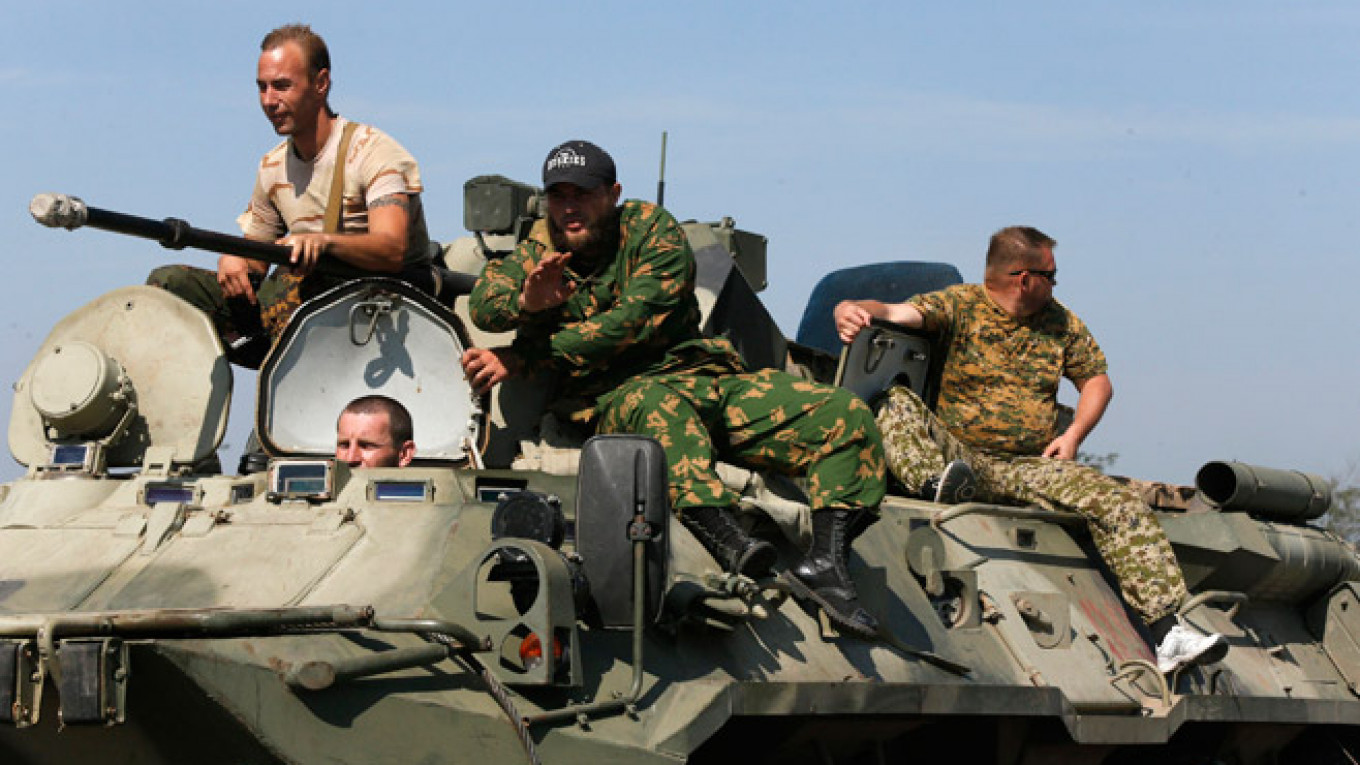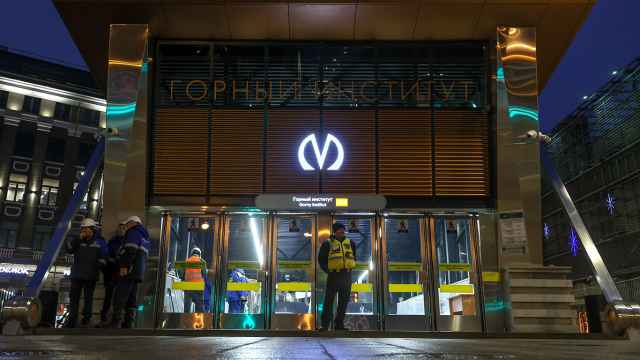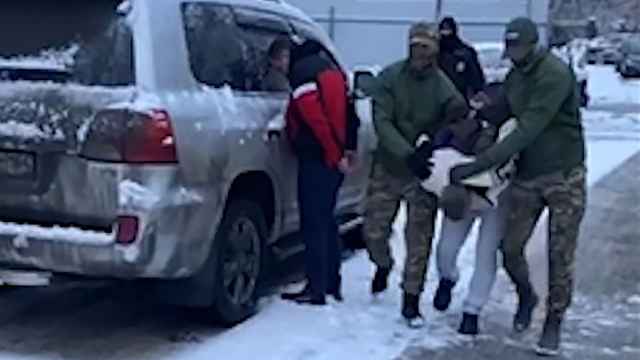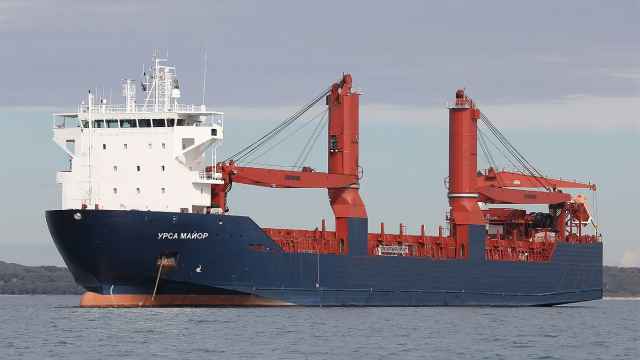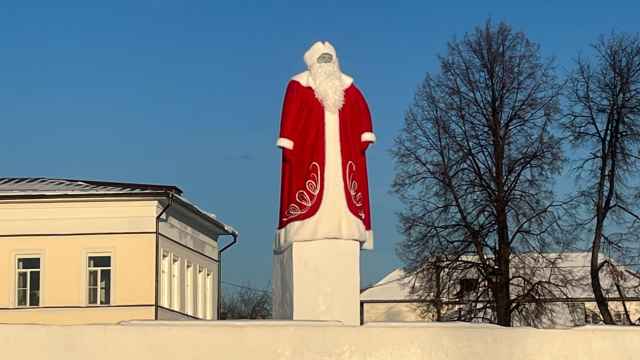A spokesman for Ukraine's national security council says "dozens" of civilians have been killed in a rebel attack on a convoy of people trying to flee war-torn eastern Ukraine.
"Many people were killed, among them women and children," Colonel Andriy Lysenko told reporters Monday, adding that he is unable to provide exact figures, but that dozens died, including children.
The separatist rebels fighting Ukrainian troops have not yet commented on the government's statement.
The barrage took place between the towns of Khryashchuvate and Novosvitlivka, which lie on the main road leading to Russia from the besieged rebel-held city of Luhansk.
That road is likely the one that a convoy of Russian humanitarian aid would take if Ukraine allows it into the country. The hard-hit city of Luhansk is said to be where the aid is most needed.
Fighting across eastern Ukraine has forced nearly 344,000 people to flee their homes, according to UN figures released Friday. The UN says about 155,800 have left for other places inside Ukraine while 188,000 more have crossed into Russia.
The flow of refugees only seems to be growing. The UN Office for the Coordination of Humanitarian Affairs said more than 22,000 people fled Donetsk last week compared to 6,200 the week before.
City officials have released even higher numbers. Donetsk, the largest Ukrainian city still under rebel control, has seen at least 300,000 of its pre-war population of 1 million leave their homes, while Luhansk has only 250,000 of its 420,000 people left, local authorities have said.
Residents in Luhansk have had no running water, power or phone connections for 16 days. Basic foods are in short supply, leading to long lines outside shops and markets. The city hall said Monday that fighting continues in and around of the city.
The International Committee of the Red Cross, which is to take responsibility for the Russian aid convoy when it enters Ukraine, has demanded security guarantees from all sides, including the rebels, for the mission into eastern Ukraine. As of Monday, there was no indication that the guarantees had been given.
Russia's foreign minister said he expects the Russian humanitarian aid mission for eastern Ukraine to enter the country in the near future.
Speaking Monday at news conference in Berlin, where he met a day earlier with his counterparts from Ukraine, France and Germany, Russian Foreign Minister Sergei Lavrov said all questions regarding the mission had been answered and that an agreement had been reached with Ukraine and the ICRC.
It was not clear if Lavrov was referring to the security guarantees.
The humanitarian aid convoy of more than 200 trucks from Russia has been watched with suspicion by Ukraine and Western countries, especially since Ukrainian forces have been winning back significant territory from the rebels in the last few weeks. They suggest it could be used by Russia to send help into the separatists — or to delay the government's advances with a timely cease-fire.
The fighting in eastern Ukraine began in mid-April, a month after Russia annexed Ukraine's southern peninsula of Crimea.
See also:
Ukraine Forces and Separatists Swap Blame for Fatal Rocket Attack on Refugees
A Message from The Moscow Times:
Dear readers,
We are facing unprecedented challenges. Russia's Prosecutor General's Office has designated The Moscow Times as an "undesirable" organization, criminalizing our work and putting our staff at risk of prosecution. This follows our earlier unjust labeling as a "foreign agent."
These actions are direct attempts to silence independent journalism in Russia. The authorities claim our work "discredits the decisions of the Russian leadership." We see things differently: we strive to provide accurate, unbiased reporting on Russia.
We, the journalists of The Moscow Times, refuse to be silenced. But to continue our work, we need your help.
Your support, no matter how small, makes a world of difference. If you can, please support us monthly starting from just $2. It's quick to set up, and every contribution makes a significant impact.
By supporting The Moscow Times, you're defending open, independent journalism in the face of repression. Thank you for standing with us.
Remind me later.


